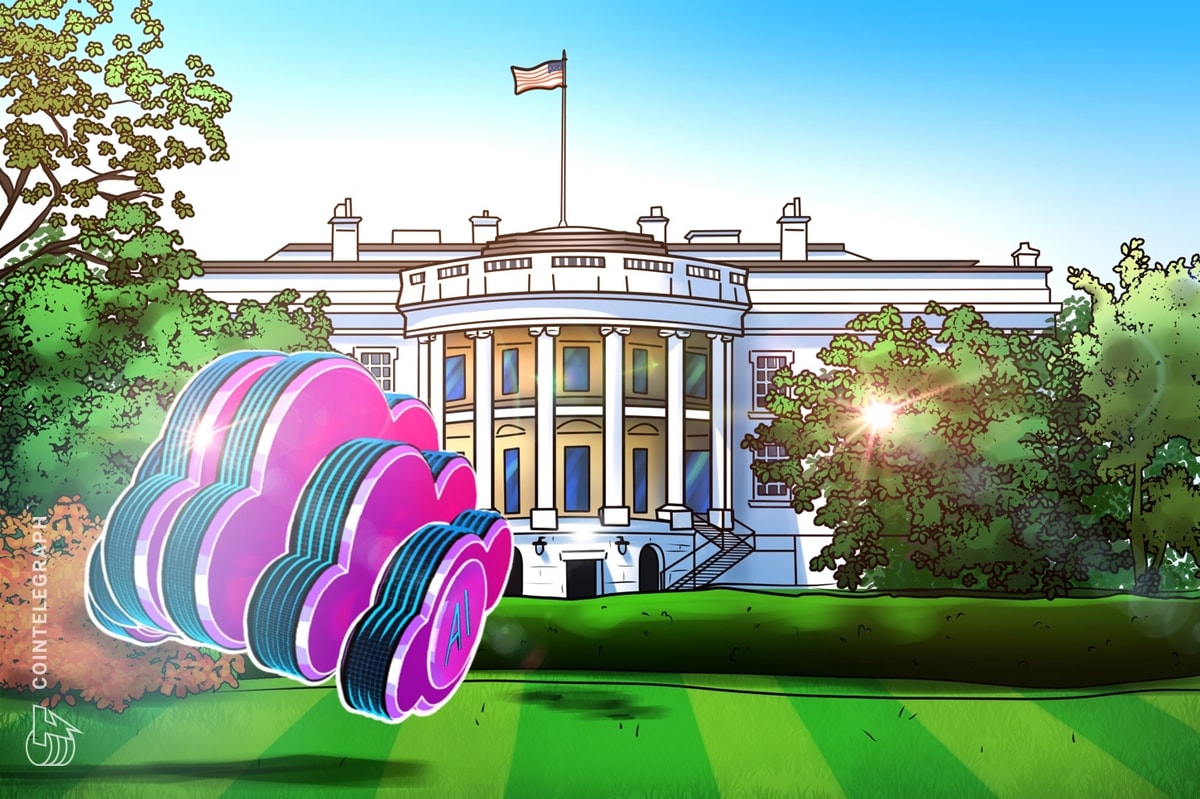Despite widespread concerns, artificial intelligence (AI) is not meant to replace but complement human experts, according to Moët Hennessy Louis Vuitton, commonly known as LVMH.
The French multinational luxury conglomerate is aiming to use AI algorithms to complement the labor of human workers, according to Axel de Goursac, the director of AI Factory at LVMH.
Goursac said during a speech at Viva Tech Paris 2024:
“We don’t want to replace but augment humans with artificial intelligence…”
The comments will bring relief to workers concerned about a potential dystopian future where AI systems automate and overtake most human labor, rendering the biological workforce obsolete.
Yet, according to the luxury conglomerate, this seems unfeasible, as humans will remain at the center of the creative process in the luxury goods industry. Goursac added:
“The creative process is still human but generative AI can complement that process.”
One of the primary applications of generative AI algorithms at LVMH is to expedite and reduce the cost of bringing new products to market.
Like LMVH, Robin Li, co-founder and CEO of Baidu, expects the development of artificial general intelligence (AGI) to solve the concerns related to the current population decline.
Li said during his speech at Viva Tech Paris:
“If AI becomes as smart as humans, we solve the human problem […] Generative AGI can have the productivity of a billion people. Who will get there first I don’t know, but everyone’s life will be improved.”
The comments come amid heightened investor interest in AI, just days before Elon Musk's company secured a $6 billion Series B funding round. This funding aims to position its Grok chatbot as a competitor to ChatGPT by the end of 2024.
The $6 billion round marks a significant milestone for xAI, raising its valuation to $24 billion just 11 months after the company's launch in July 2023.
Related: Political correctness in AI systems is the biggest concern: Elon Musk
LVMH is developing an internal ChatGPT spinoff
LVMH has been making strides in developing its own internal AI systems. Earlier in 2024, LVMH debuted MaIA, an internal AI chatbot with privacy-preserving features, based on OpenAI’s GPT-4 foundational model.

To enhance internal AI education, LVMH trained 1,500 employees in AI usage during 2023. This number is expected to increase to over 10,000 employees in the coming years.
The MaIA internal AI chatbot was developed in collaboration with Stanford University’s Institute for Human-Centered Artificial Intelligence.
Magazine: Hong Kong streaming firm to buy $100M of crypto, Worldcoin sanctioned: Asia Express











